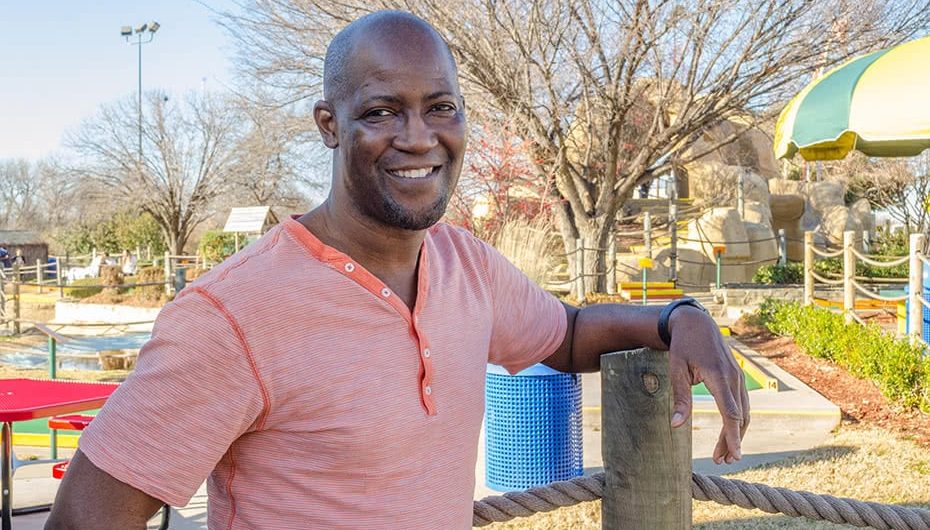Relapse prevention is a cognitive-behavioral approach with the goal of preventing and identifying high risk situations that may lead back to dangerous situations such as engaging in substance abuse, obsessive-compulsive behavior, and depression. Many rehab centers throughout the US incorporate relapse prevention plans in their treatment programs. Relapse prevention plans include identifying warning signs that may lead to destructive behavior. When patients learn to spot certain signals that may hint to a relapse, the sooner they can take positive action to appease them.
Relapse is usually caused by a combination of factors. Some of these factors may include:
- Stopping medications on one’s own or against the advice of medical professionals
- Hanging around old drinking and drug using friends
- Isolating-not attending meetings, not reaching out for support
- Keeping drug paraphernalia around the house
- Obsessive thinking about using drugs or drinking
- Failing to follow ones treatment plan
- Changing in eating and sleeping patterns
- Engaging in obsessive behavior such as workaholism, gambling etc.
- Major life changes
- Ignoring relapse warning signs and triggers
These examples are just a few factors that could lead to a relapse. Each individual has their own triggers and signs that could lead them to relapse. In relapse prevention groups, addicts identify their triggers and learn tools to help them stop and prevent a potential relapse. Relapse prevention programs have been proven to be equally as effective as other active treatment such as supportive psychotherapy and interpersonal therapy.
There are many relapse prevention tips to aid an addict in their sobriety. Relapse prevention tips and strategies include, visiting support groups, dieting, and exercising. It is also crucial to build a network of sober friends who will support you. A relapse prevention worksheet or a relapse prevention handout is a good tool to stop a relapse. Worksheets help an addict identify and organize their triggers. They also help identify what the next action should be, should they experience one of their warning signs or triggers.
Substance relapse often begins with an emotional relapse. If a person is not emotionally sober, their chances of relapsing on a substance is greatly enhanced. A common acronym taught by treatment professionals is H.A.L.T. H.A.L.T stands for hungry, angry, lonely, tired. Being all four of these conditions, or a combination of two or three leave addicts vulnerable to temptations that steer them away from their recovery plan. Being too hungry leads to a drop in blood sugar levels which is linked to onset anxiety and depression. Feeling angry, lonely, and tired also contributes to irritability and a drop in mood. It is important to be in-touch with these inner feelings so that we can take the appropriate action when our needs are not being met.
If a relapse happens, it is important not to judge or blame. Addicts are human and these things do happen. However, it is important to share relapse experiences with fellow addicts in meetings or support groups. By doing this, we can identify what happened in our lives that interrupted our sobriety. We can also learn from one another and help rebuild positive, emotionally sober lives.



